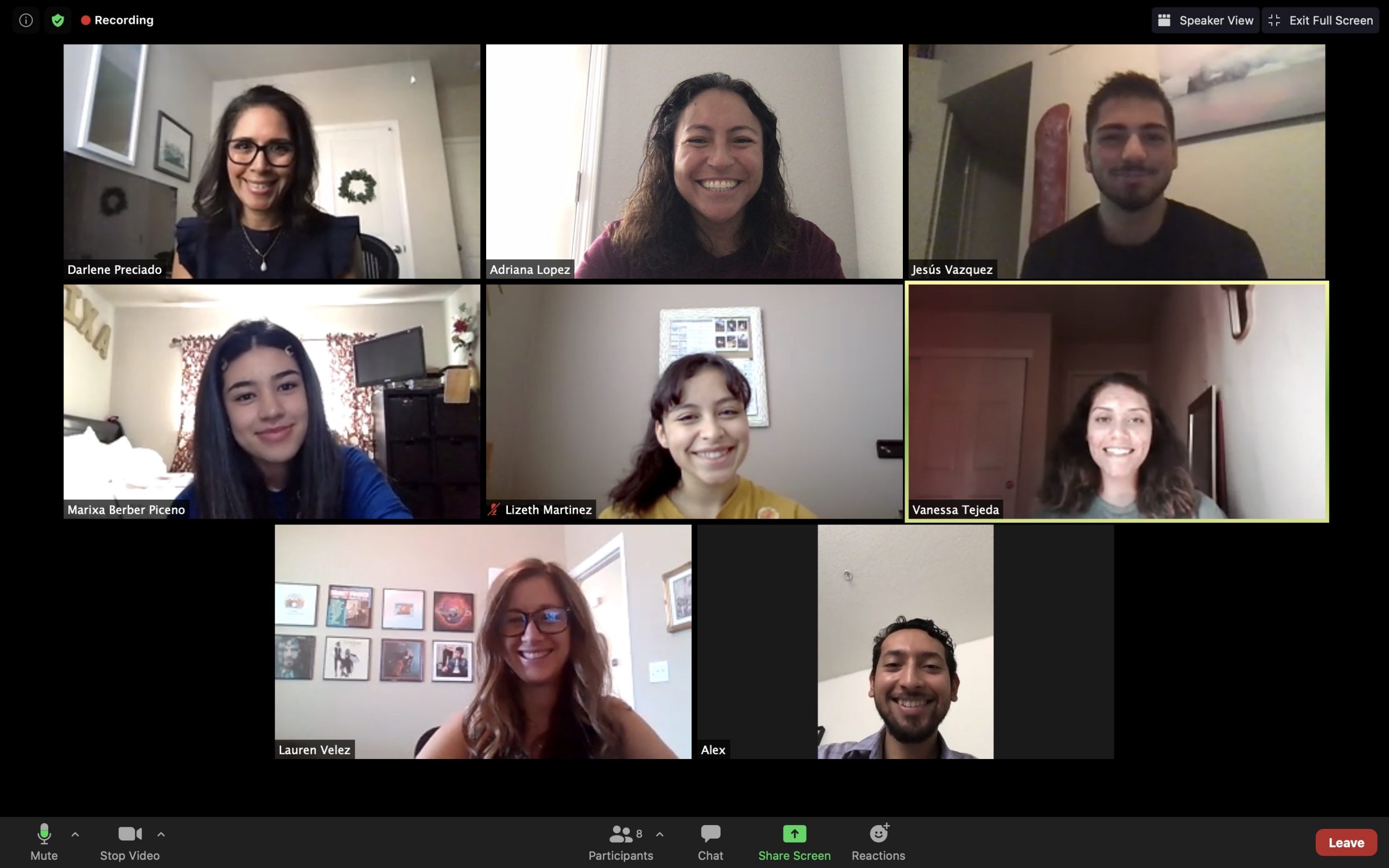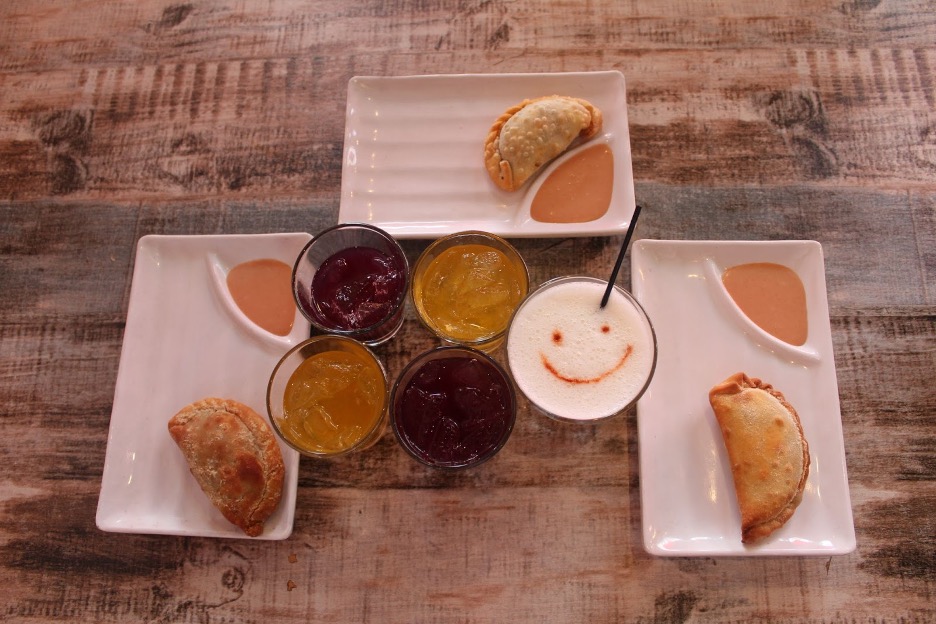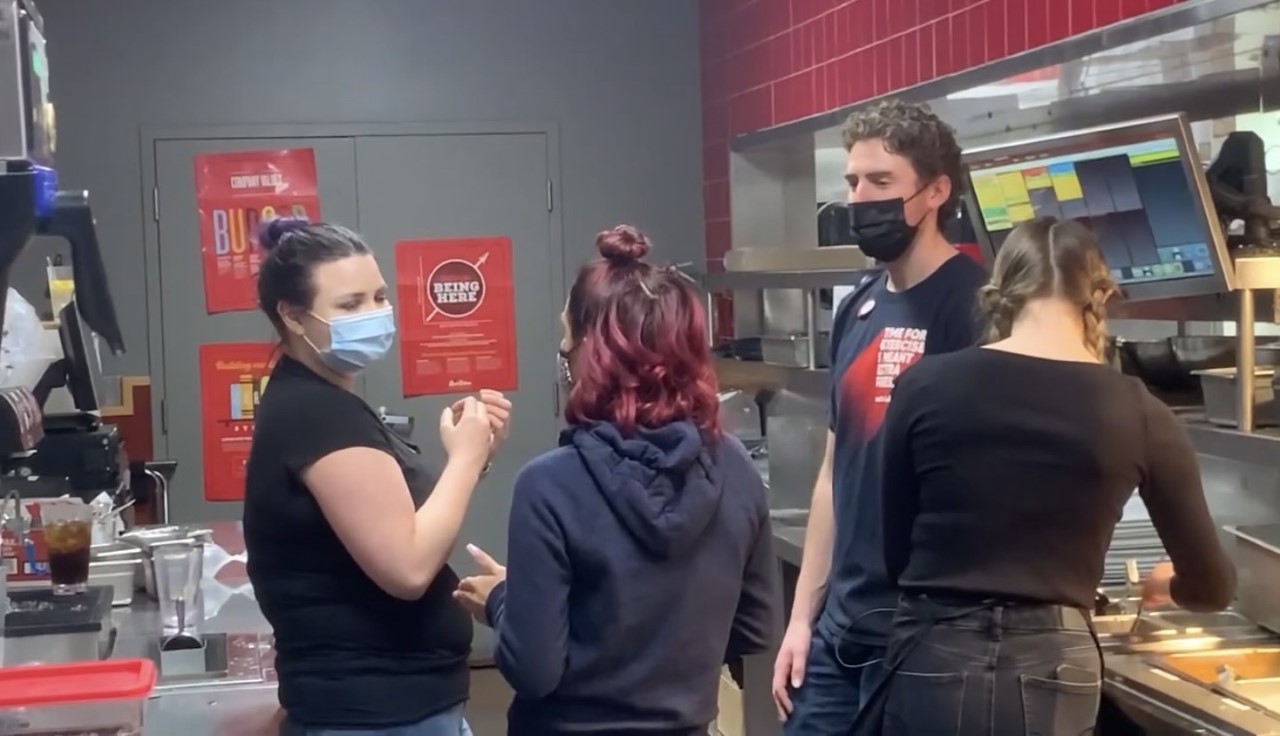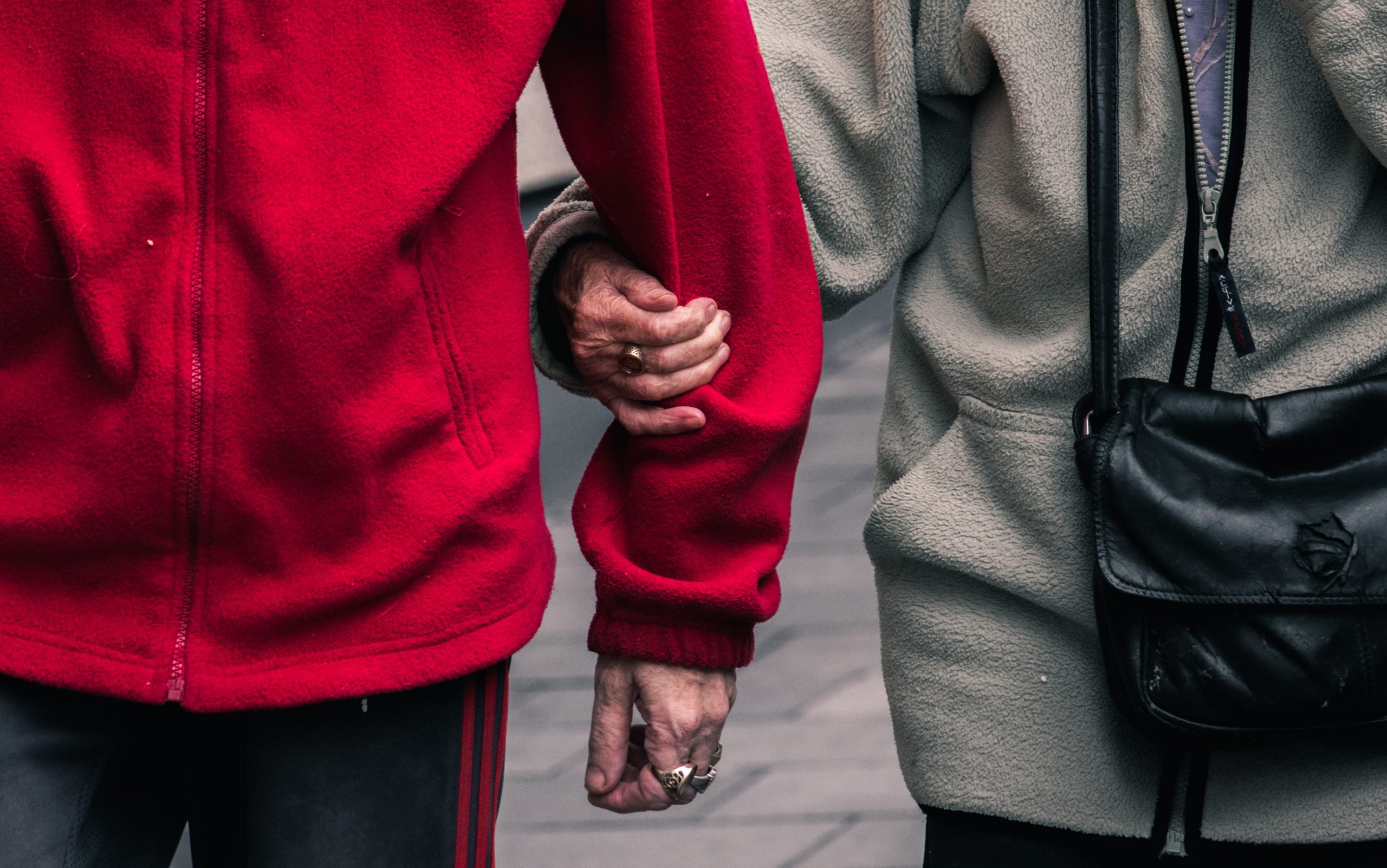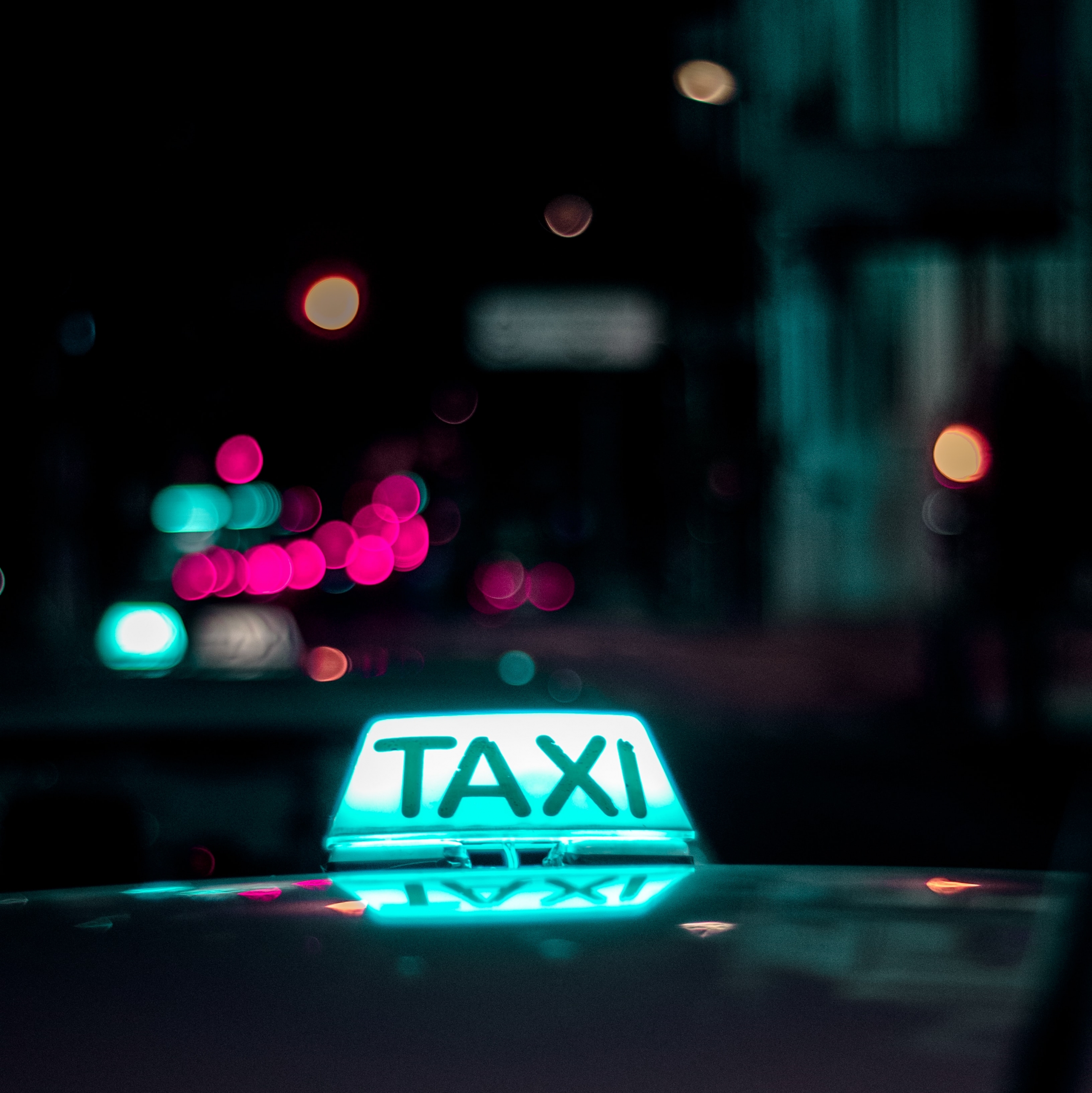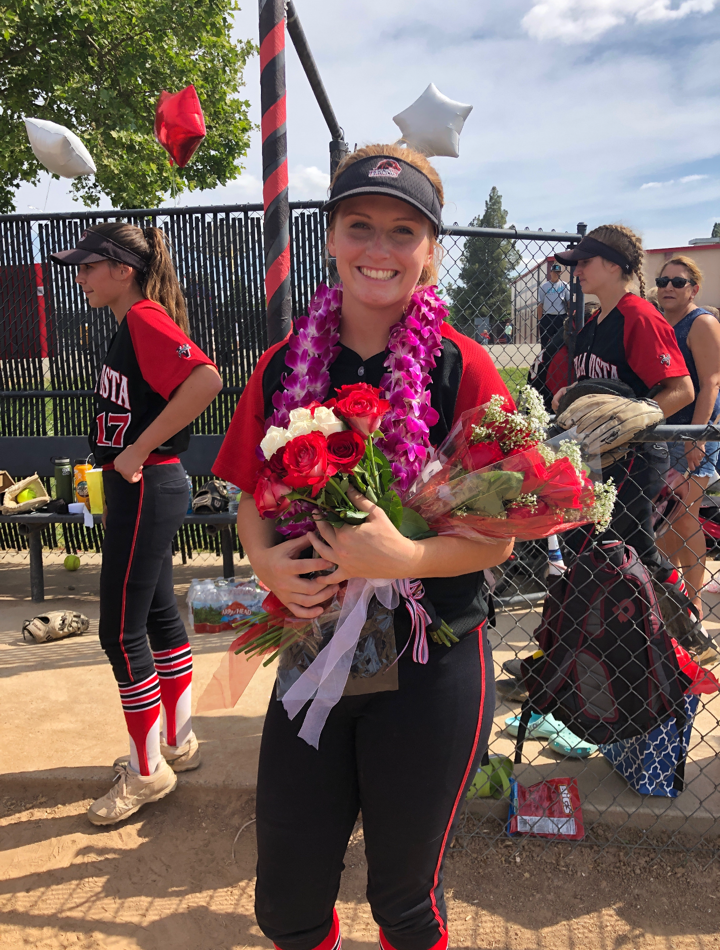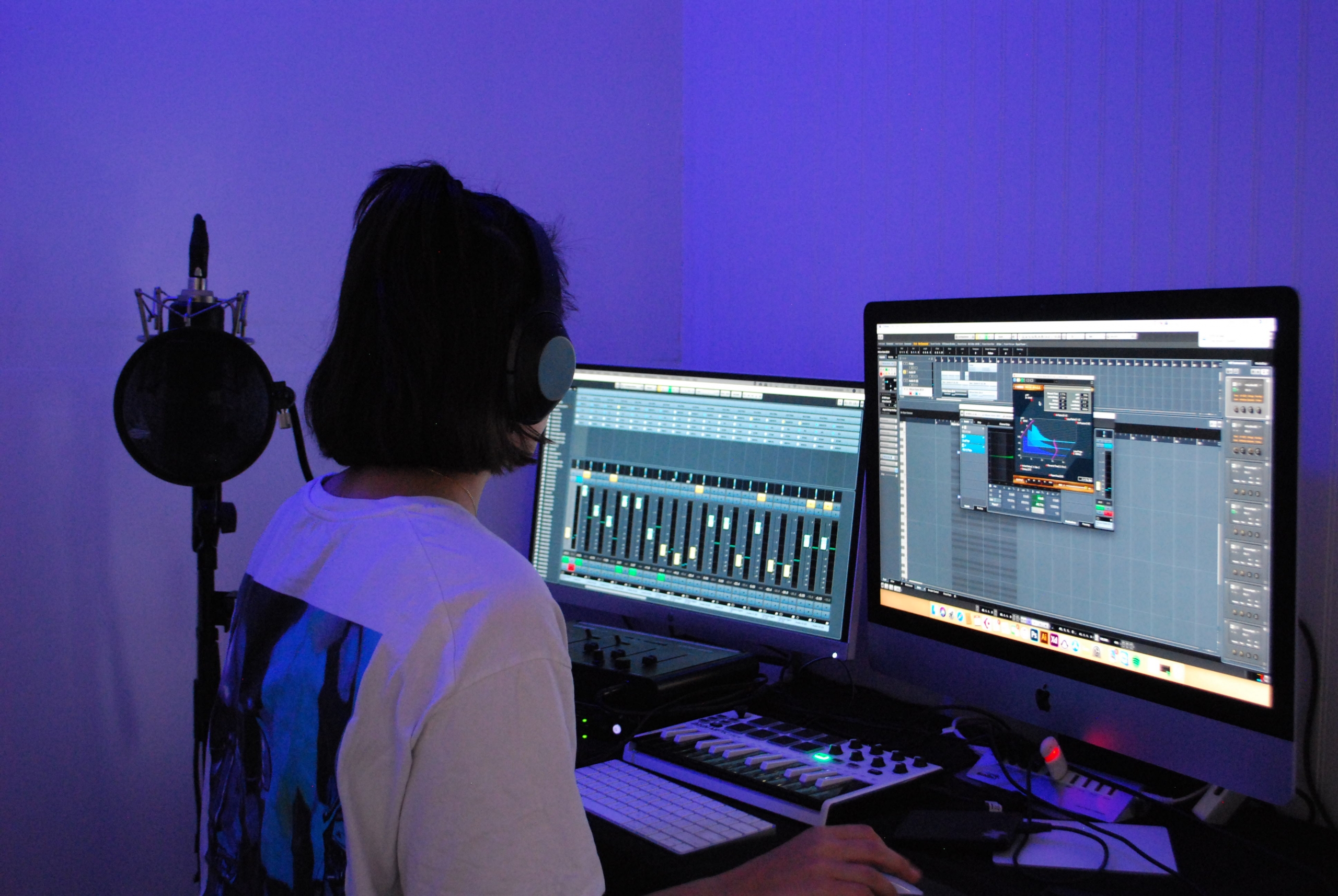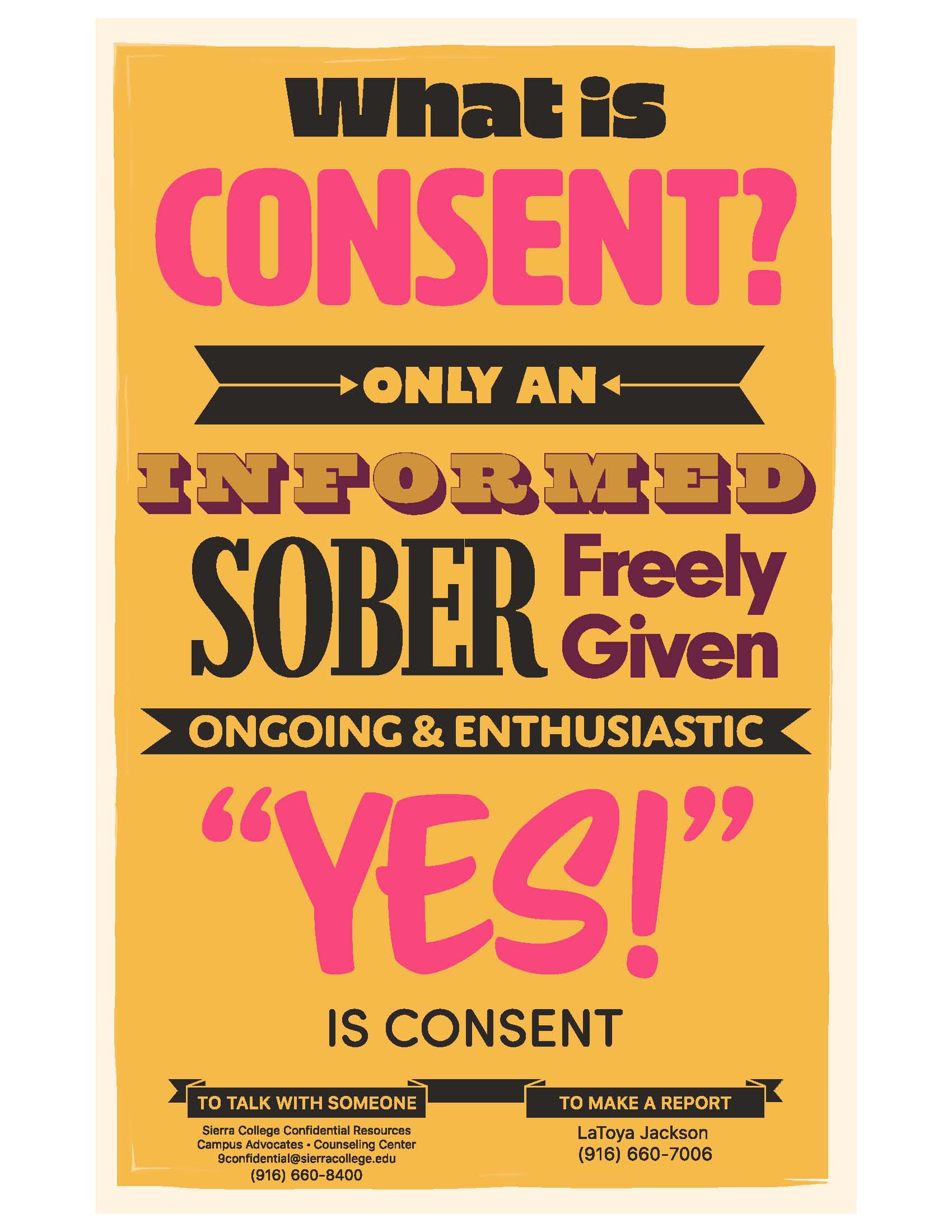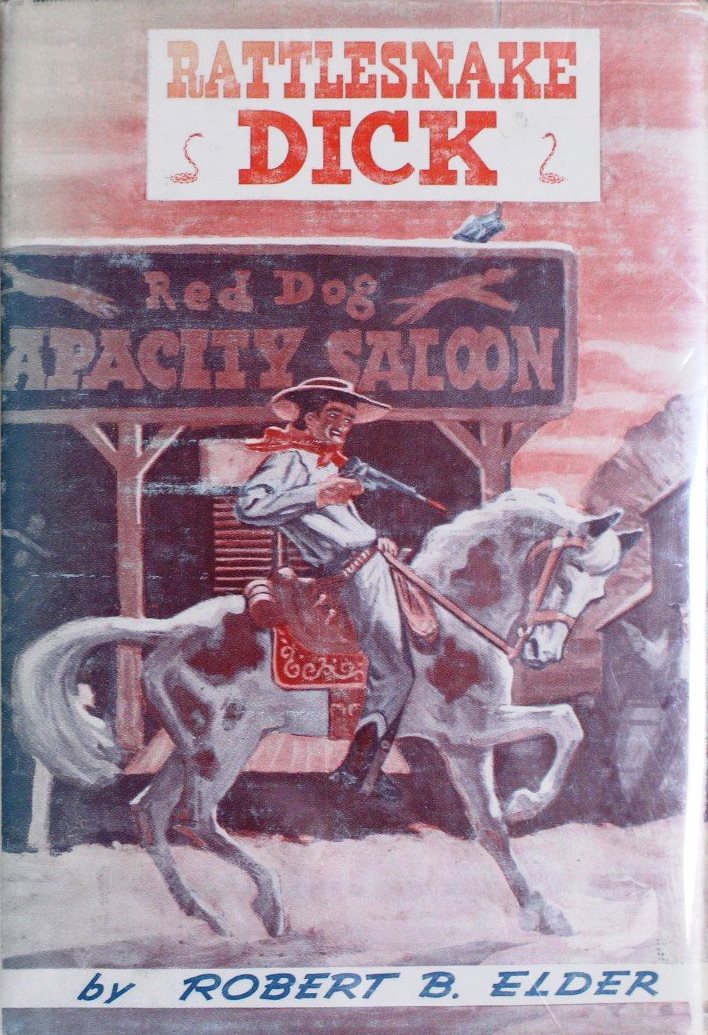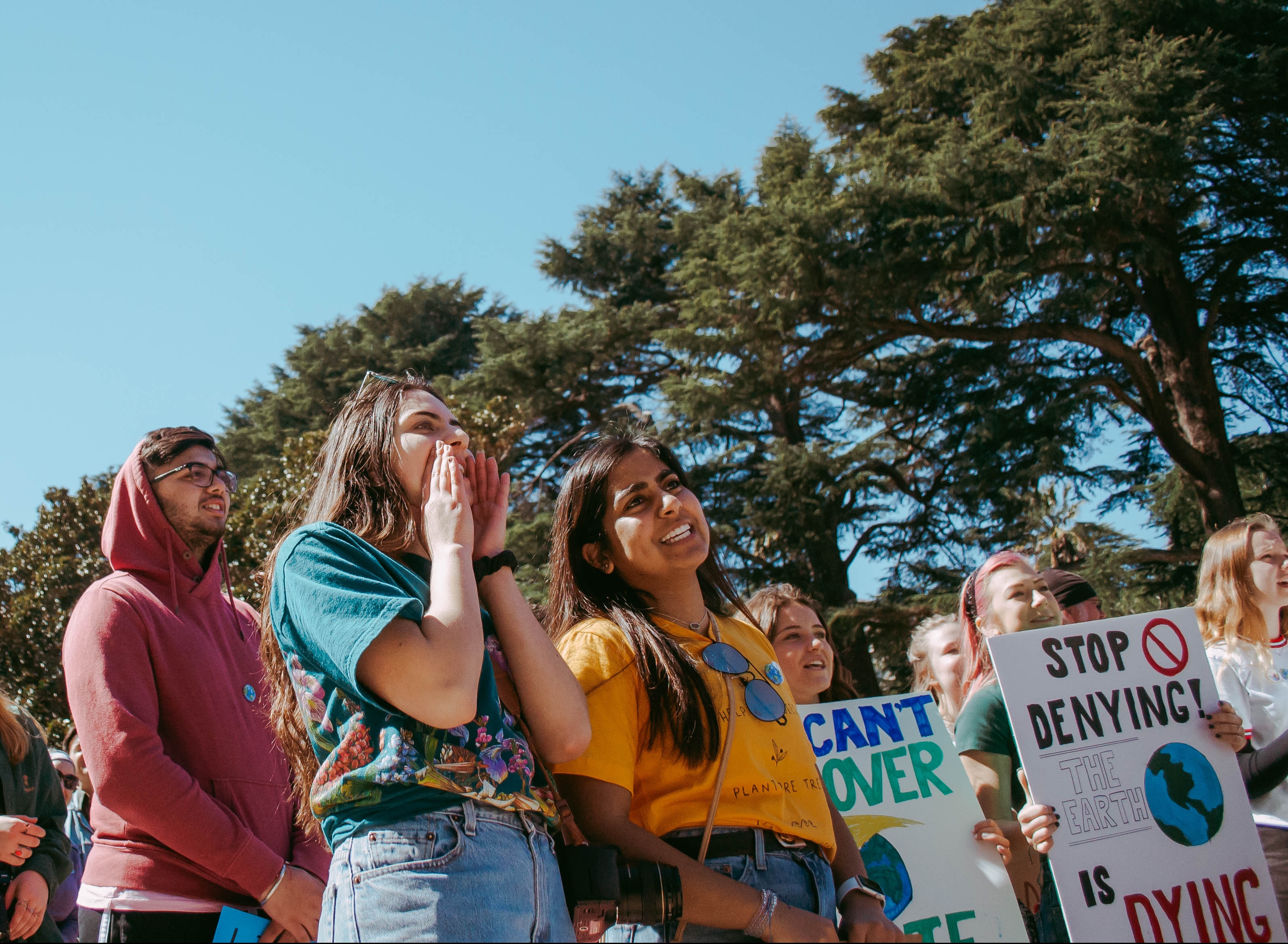The picture of a student crumpling under the normal pressures of higher education is a worn cliché. Yes, being a college student is difficult in the best of circumstances, but couple the confusion of the freshman experience plus a global lockdown caused by a deadly pandemic and no one would blame a student for caving under the strain. But not Elijah Mendez, a first year history major at Sierra College and an aspiring teacher. He isn’t letting the pressures of COVID-19 overtake him.
Peruvian, Moroccan, and Ethiopian Cuisines in the Sacramento Area
Reported and photographed by Jessica Shona-Stewart | Photo captions by Katelyn Vengersammy
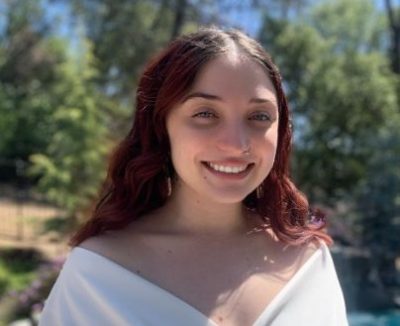
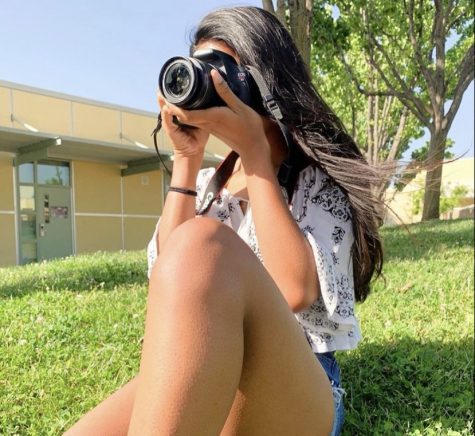
Why Are We Essential? Workers in the Service Industry Express their Feelings on the Title
In this 6:29 minute video, Why are We Essential? Workers in the Service Industry Express their Feelings on the Title, viewers hear from Sierra College student workers: Shyanne Dickinson, Chris Jenkins, and Stefany Guzman on their experience as both students and essential workers during the pandemic.
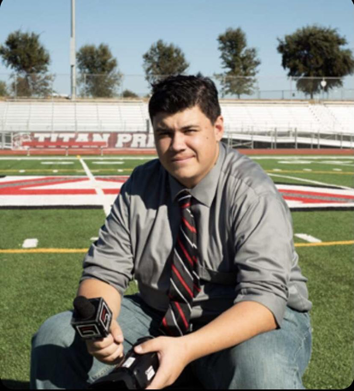
Covid-19 through Older Eyes
In this 15:17 minute podcast, Covid-19 through Older Eyes, three people from the local community: Erny (67), Anna (72), and Judy (70s) share their experience. They explain making changes in their lives to stay safer, working at Walmart and Door-Dash, missing spending time with friends, and care-giving elders themselves through the pandemic.
While to some, the pandemic is an inconvenience or something that others need to worry about, many over the age of 55 are worried about their heath and have made changes to prevent getting Covid-19. This is why their perspectives and what they are going though is so important. We all have family, friends, neighbors who are older and for some of them, it has been life threatening.
Their perspectives matter. Understanding their experiences can help others feel connected and have a better understanding of what the pandemic has been like for older generations.
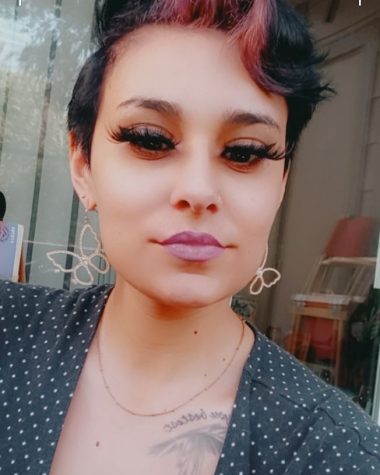
Podcast by Susan Stewart
California and Gig Companies Disagree
Changes in the economy and technology influenced this situation. The gig economy emerged through rapidly evolving technology and a change to routinized work. This made it possible for individuals to contract their services and potential customers to find them through apps.
College Ball During COVID-19
My friend, Gino Hutchinson plays college baseball and when I asked him about this upcoming season he said, “It’s not going to be the same.” The college sports world has been crazy these past few months in deciding whether or not teams are going to play, especially for bigger sports like football and basketball where most the money comes from. If these were not played this year, colleges would lose millions of dollars.
Covering Sports During a Pandemic
March thirteenth, 2020, is the day sports changed forever. Games and tournaments were canceled. Seasons were put on hold. The future of youth, college, and professional sports across the United States was in jeopardy. It threw a curve-ball at people who work in sports and millions of other Americans who lost their jobs due to COVID-19. It has been many long and uncertain months with roadblocks along the way.
The NBA, NHL, NWSL and WNBA just wrapped up their seasons this past month in a bubble format. No positive cases were reported from any of those four bubble environments. And this fall, football is at center stage. There has been a handful of cancellations in both college football and the NFL, but both have not shut down completely, yet, which is a positive sign.
The protocols at all levels have been high but the consequences of the pandemic could have a lasting impact.
I have covered high school sports since 2015. I never could have imagined this. It could be a long time until things in the sports world are back to “normal.”
The Value of Sports to Alexis Detwiler
Alexis Detwiler, 18, of Fair Oaks, has played sports throughout her entire life. She’s played basketball and soccer, but most importantly, she’s a softball player. Alexis played for Sierra College in the fall of 2019, and while she’s currently undecided on her softball future, this piece highlights the amazing values softball has brought into her life.
The Untold Story of a Bedroom Studio Artist
Click. Silence. Four Beats. A breath. And go. This is the beginning of a typical recording session for Northern California based artist, Shilla Varasteh. At only nineteen, she has released several singles, an EP, and more all while balancing home and school life. She writes, produces, and releases her songs from her bedroom studio.
Consent Posters: The Sexual Violence Dialogue at Sierra College
It’s 11:00 a.m. on Monday, and I’ve been sitting in the Sierra College cafeteria with my friend Lindsey since 9:30 a.m. When we first entered the cafeteria, it was dimly lit and the smell of bacon permeated the air. To our right there were students lined up to pay for breakfast as we scanned the area for an open table to sit at. It was mostly vacant, and we began walking by the grey square tables looking for the one that had the least amount of food on it. It was fairly quiet, except for a loud group that had pushed two tables together and must have discovered the key to being fully awake on a Monday morning. As time goes by more people come in and the noise begins to increase, as singular voices turn into a woven tapestry of words and constant noise.
Continue Reading
Rattlesnake Dick: The Snare of Reputation
The Old Auburn Cemetery is exactly what it sounds like; tucked between bustling streets and across from the train station, it houses hundred-year-old graves and tall, shadowing trees. I walk along the paths, thinking to myself that this look is what might attract random Auburn teenagers with nothing else to do to the spot. At least, it did for my friend and I, when we were in high school. I remember the summer air rustling leaves as we imagined ghosts behind our backs. Now, I’m making a return visit alone on a rainy day to investigate the grave of a person who seemed almost fictional. An engraving in the stone reads, “Fatally wounded in a gun duel with the law, July 11, 1859.” These words opened up to me the story of Rattlesnake Dick.
Continue Reading
Youth Climate Protest Strikes Sacramento
The broad, stone steps of the Sacramento State Capitol building were crowded with young people hoisting homemade signs into the air. The air rang with the sounds of protest: “No more coal! No more oil! Keep your carbon in the soil!” More than 200 voices chanted in unison, led by the abrasive, static crackle of a megaphone. A group of elementary aged children displayed a hand-painted banner that read “Kids Climate Strike” decorated with paint handprints. Another sign held by a teenage girl read “This planet is getting hotter than my imaginary boyfriend!”
Continue Reading
